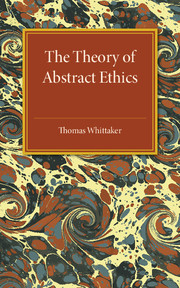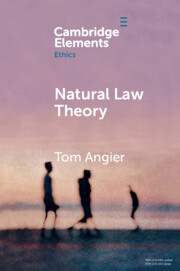Ethics in the Gray Area
What should morally conscientious agents do if they must choose among options that are somewhat right and somewhat wrong? Should one select an option that is right to the highest degree, or would it perhaps be more rational to choose randomly among all somewhat right options? And how should lawmakers and courts address behaviour that is neither entirely right nor entirely wrong? In this first book-length discussion of the 'gray area' in ethics, Martin Peterson challenges the assumption that rightness and wrongness are binary properties and explores acts which are neither entirely right nor entirely wrong, but rather a bit of both. Including discussions of white lies and the permissibility of abortion, Peterson's book presents a gradualist theory of right and wrong designed to answer these and other practical questions about the gray area in ethics.
- Presents the first book-length discussion of the 'gray area' in ethics
- Depolarizes moral debates by introducing gradualist notions of right and wrong
- Challenges the assumption that rightness and wrongness are binary properties
Reviews & endorsements
‘Peterson provides a much needed clarification of what gradualism is, and makes a powerful case both that it is a decisive advance over alternatives, and that ethicists working within a broadly consequentialist framework are driven to it. He makes the case, moreover, that the ability of consequentialist theories – in particular his preferred version – to accommodate gradualism amounts to a real advantage of such theories over alternatives that eschew it. An important contribution to core debates in normative ethics and beyond. Paul Hurley, Claremont McKenna College
Product details
May 2023Hardback
9781009336789
236 pages
235 × 158 × 18 mm
0.47kg
Available
Table of Contents
- Preface
- Introduction
- 1. Meaning tracks use
- 2. Conflicting reasons
- 3. Conflicting sources of normativity
- 4. The binary theory
- 5. Moral indeterminacy and vagueness
- 6. Normative ethics for gradualists
- 7. Rational choice for gradualists
- 8. Indeterminate and vague laws
- 9. Depolarization
- Conclusions
- References
- Index.







